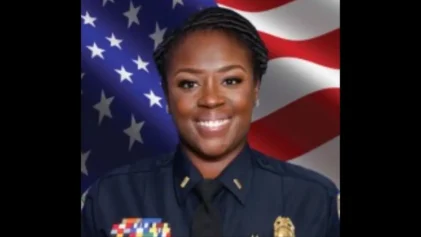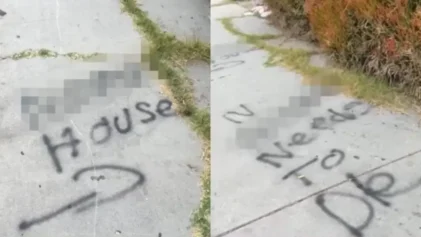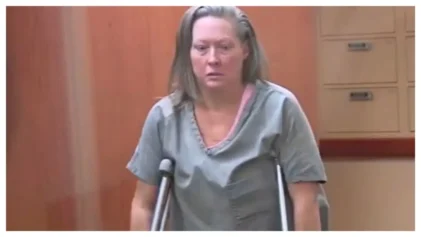Mary Taris, a retired teacher and publisher, says she fell in love with reading to escape her reality.
“I grew up on welfare,” she said. “I was reading and wishing to be somebody else.”
That’s also the best the big publishing houses could offer a Black teen growing up in north Minneapolis in the late 1970s and ’80s — somebody else’s story.
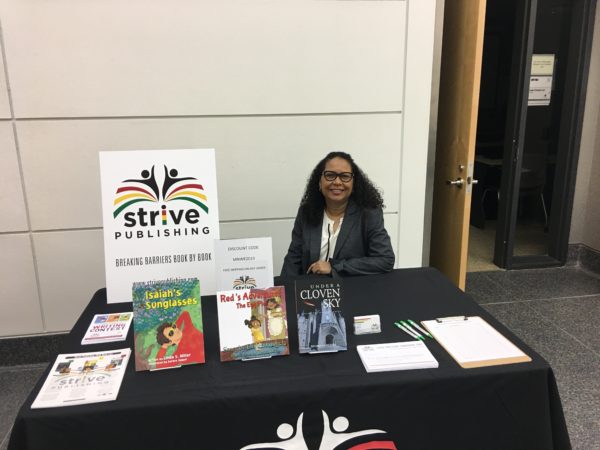
In a study of 2,500 titles, less than 1 percent of books for children and teens had Black authors or illustrators in 1985, according to the Cooperative Children’s Book Center of Education.
Although that number has improved more than 30 years later, only 10 percent of children’s books featured black characters in 2018, while 27 percent of them featured animals or other characters who aren’t human.
Kathleen Horning, director of the Cooperative Children’s Book Center, said to Atlanta Black Star the research, which the University of Wisconsin School of Education funded, shows “we still have a long way to go.”
She said she isn’t only talking about the number of books published about Black people but also the number of books that authentically portray Black people.
Horning said books should present Black characters with various skin tones, facial features and hair, “something non-Black authors often have trouble getting right, and something that is important to a Black child’s identity and self-image.”
“So, all in all, I’d say it’s not enough for a book to just be about African American characters,” Horning said. “They also have to have an authentic portrayal of African American characters in order for them to truly be a mirror for Black children and teens.”
Taris said that’s exactly why she started her company, Strive Publishing, last August.
Reached by phone, Taris said although she believes Black children “should be reading to be inspired and have their lives validated in the books they read,” she couldn’t find any such books her students could relate to.
Taris also wanted to create a more affordable path for Black authors to have their works published.
“With more established publishing houses, they won’t even look at your manuscript unless you have an agent,” she said.
So she cut that requirement out of her process and offers authors a 20 percent royalty after expenses are paid, when major publishing houses only offer between 8 and 10 percent.
“I took the risk on them because I believed in them, but then I also took on the financial risk,” Taris said.
She has worked with three authors and so far only recouped $3,000 of the at least $14,000 she’s spent.
In fact, publishing revenue overall has been falling over the last five years, according to the Association of American Publishers. The industry brought in $27.96 billion in 2014, and that has dropped every year since.
Publishers brought in $25.82 billion in 2018, the Association of American Publishers reported.
Revenue for publishers targeting the pre-kindergarten to 12th-grade age groups is down from $4.27 billion in 2014 to $3.46 billion in 2018
Taris said that while she’s rethinking some of the financial aspects of her company, while her goal to help Black authors serve Black children is still the same.
She said that’s because she could have benefited from a wider array of stories about Black people when she was a child.
She said the novels she read as a teen probably didn’t help her have the most realistic view of relationships, and she didn’t have a home life that lent itself to open and positive conversations.
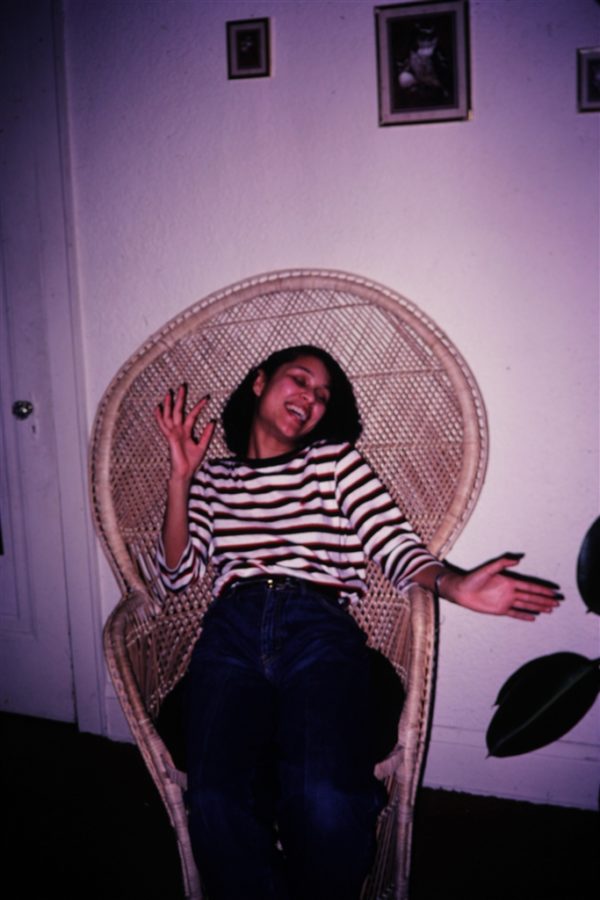
“I am from a mother who did not know how to show love, and a father who disappeared from my life before I was born,” she says in a web essay written last year. “There was no, ‘I love you.’ There were no hugs or kisses, no words of assurance or affirmation, and there were no rules. It was unsettling for me and I always felt out of sorts.”
Taris ran away from home when she found out she was pregnant at 15 years old.
“I just didn’t know what else to do,” she said. “I come from a family where I didn’t feel like I could talk to anyone.”
When one of her friends led her to the Bridge for Youth program for homeless children in Minnesota, she began to talk more.
The program provided counseling “to help my mom to understand what I was going through,” and it connected her to resources for teen mothers.
Taris only spent about one week living at the facility before she returned home.
She ended up earning her high school diploma from North Community High School in 1982 and juggling clerical work and college studies until she was able to get her degree in education from Augsburg University in 2004.
Taris also earned a master’s degree in education with an emphasis in special education from Kaplan University in 2012.
She said she hopes reading and education can be as much a lifeline for Black children today as they were for her.
She added along those lines, Black children shouldn’t have to settle for books they can’t relate to.
Her mission as a publisher is “to make sure that our children can see themselves represented in the books they read.”
